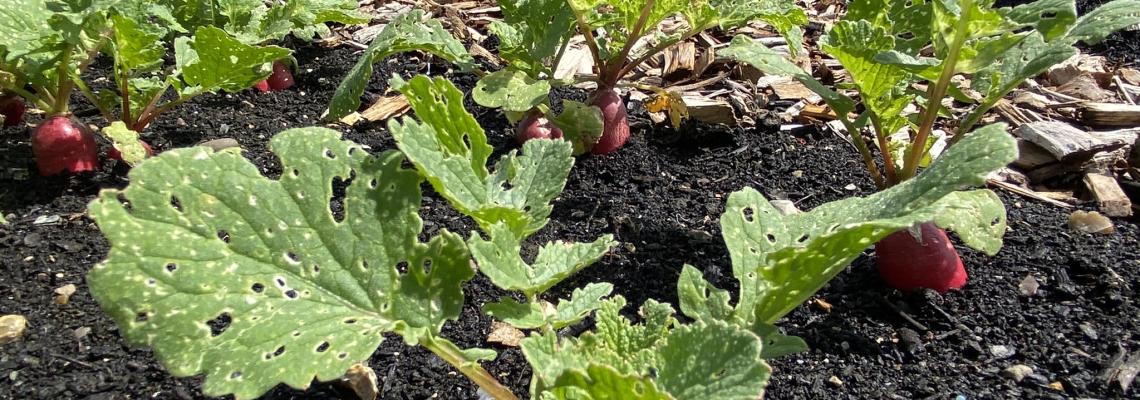Our Estate Breathes New Life Into Historic Walled Gardens
Our Estate has joined forces with food producers Worthy Earth to create a flourishing regenerative kitchen garden within its historic Walled Garden.

Our Estate is partnering with Worthy Earth, makers of no-dig, regenerative market gardens, to renew and manage our plot to grow produce for our cafes and restaurants.
As well as supplying vegetables and salads for our restaurants, seasonal fresh produce will be available to buy in the Blenheim’s shops, subject to availability.
It is hoped the market garden will also help raise awareness of regenerative agriculture and its positive effect on the wider environment.
Our new plot forms part of an existing kitchen garden which has historically been used to produce food for the Palace for centuries.
Starting in April, Worthy Earth redesigned and constructed a new kitchen garden, using locally-sourced compost to create 42, 14-metre vegetable beds.
Since then, vegetables and herbs have been grown from seed and fill the beds for the public to see and for the kitchens to use.
“Worthy Earth is our attempt to show how much can be grown on such a small area using no-dig gardening techniques and that it's possible to supply high-quality produce, whilst reducing the carbon footprint,” said Worthy Earth’s co-founder Harrison Fannon.
“We believe that small-scale food production is a solution to the social, economic and environmental crises we face today,” he added.
According to the UN Food and Agriculture Organization it takes a 1,000 years to generate just three centimetres of topsoil naturally and, if current topsoil degradation rates continue unchecked, all topsoils will be depleted within 60 years.
“As part of our 10 Goals, Blenheim is committed to locally sourcing as much of our food and drink as possible and reducing food miles by using produce grown on the estate in our cafes and restaurants,” said Rachel Furness Smith, Head of Estates.
“We are excited to be working with Worthy Earth to showcase the use of regenerative, no-dig vegetable plots within our walled gardens to a wider audience,” she added.